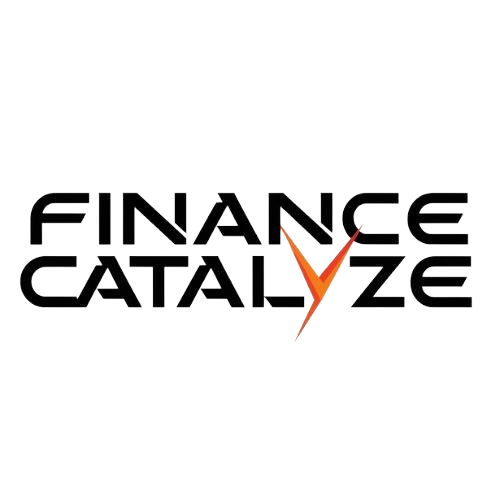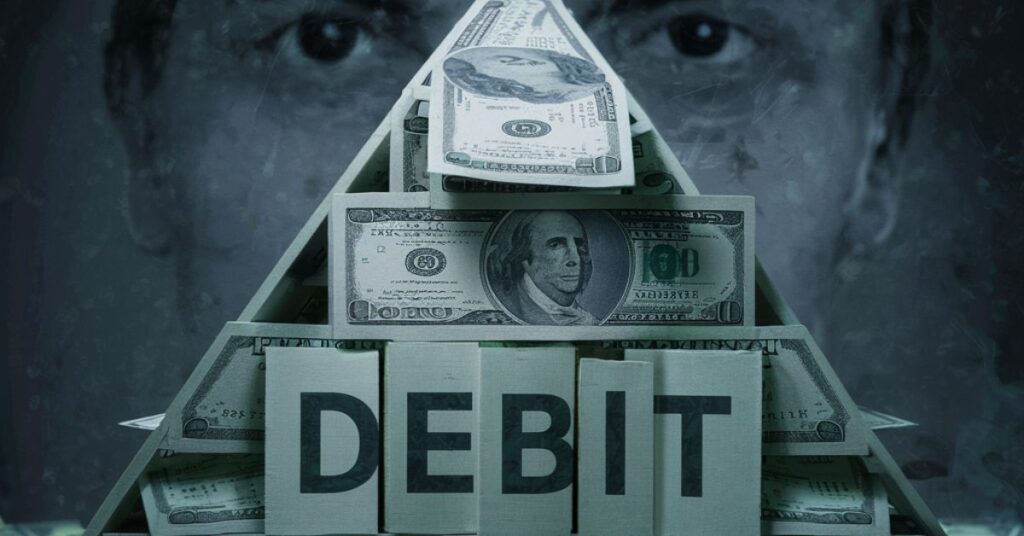In debit mean to owed money to a party without a quick duty for repayment. This term often arises in financial setting indicating that a person and entity. He has incurred a debt but is not required to settle it immediately. The reasons behind being “in debit” is crucial for effective financial management and maintain health relationships with creditors.
Key Takeaways
- “In debit” means owed money without quick repayment duty.
- Understanding reasons behind being “in debit” is crucial for financial management.
- Effective communication with creditors is must to address outstanding balances.
- Managing energy consumption patterns can help avoid collecting excessive debit balances.
- Exploring proxy payment plans or assistance options with energy suppliers is advisable.
What other Accounts Use ‘In Debit’?
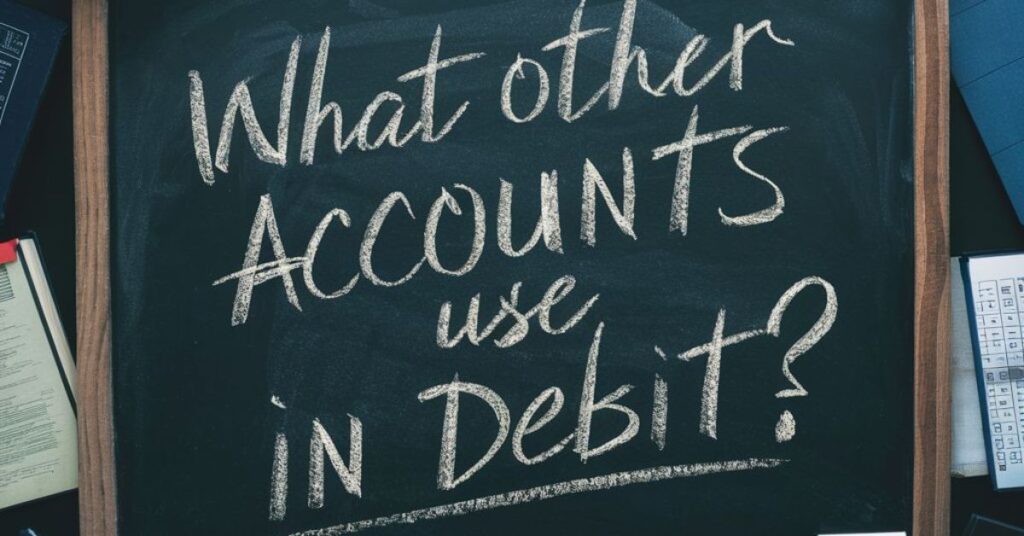
The different types of accounts and financial situations can involve being “in debit.”
Bank Accounts: When withdraw exceed the available balance result in a negative balance.
Credit Card Accounts: When the outstanding balance owed to the credit card company exceeds the credit limit.
Merchant Accounts: In businesses when the merchant owes money to the payment processor for credit card transactions processed.
Trading and Investment Accounts: When traders borrow funds to finance trades result in a negative balance.
Overdraft Accounts: When bank account holders withdraw more money than is available in their accounts result in a negative balance.
Expense Accounts: In business account when total expenses exceed available fund result in a negative balance.
Loans and Debts: When person owe money through personal loan mortgages and other debt arrangement result in a negative balance.
READ THIS BLOG: IS IT SAFE TO SHARE YOUR SORT CODE AND ACCOUNT NUMBER?
Reasons for Being In Debit
There are several common reasons why person and entities can find themselves in debit.
Seasonal Variations: Fluctuations in expenses due to seasonal changes such as increased energy usage during colder months.
Unexpected Expenses: Sudden or amazing costs such as medical emergencies and home repairs can lead to a debit balance.
Overspending: Spending more than what is available in the budget or exceeding credit limits can result in being in debit.
Irregular Income: Inconsistent income streams or unexpected decreases in revenue can lead to difficulty covering expenses.
Financial Mismanagement: Poor budget failure to track expenses and ignoring to pay bills on time can contribute to collecting debit balances.
Interest and Fees: Growing your interest charge late payment fees and overdraft fees can increase the amount owed leading to being in debit.
Impact on Your Finances and Credit Score
| Item | Quantity | Price (per unit) |
| Apples | 10 | $1.50 |
| Oranges | 8 | $2.00 |
| Bananas | 6 | $0.75 |
| Grapes | 12 | $3.50 |
Managing Your Energy Account in Debit
| Steps | Description |
| Communicate with your energy supplier | Reach out to discuss your situation they can offer payment plans or assistance. |
| Adjust energy consumption habits | Implement energy saving practices to reduce usage and mitigate debit balances. |
| Submit regular meter readings | Ensure accurate billing by providing up to date meter readings to your supplier. |
| Explore grants and benefits | Research available assistance programs to offset energy costs and manage bills effectively. |
| Monitor energy usage patterns | Track usage trends and adjust your energy plan so to avoid excessive debit balances. |
| Contact supplier if facing difficulties | If unable to pay bills communicate with your supplier sharp to seek other solutions. |
Requesting a Refund
Requesting a refund involves contacting the company customer service to initiate the process providing relevant document. Like a receipt and explain the reason for the refund request. Clear communication and adherence to the company refund policy are must for a smooth resolution.
Switching Energy Suppliers
The switching energy suppliers involves research alternative provider comparing tariffs and rates and initiating the transfer process by contacting the new supplier. It is important to consider any outstanding balances with the current supplier and ensure a seamless transition to avoid disruptions in service.
Tips for Effective Energy Bill Management
- Regular review and understand your energy bills including terms and conditions.
- Submit accurate meter readings to reflect actual energy consumption.
- Adopt energy efficient practices such as using energy saving appliances and adjust thermostat settings.
- Explore available grants and benefits to offset energy costs.
- Monitor energy usage patterns and adjust energy plans according.
- Consider switching suppliers if it aligns with your financial goals.
- Communicate with your energy supplier if you encounter difficulties in paying bills as they can offer assistance or alternative payment plans.
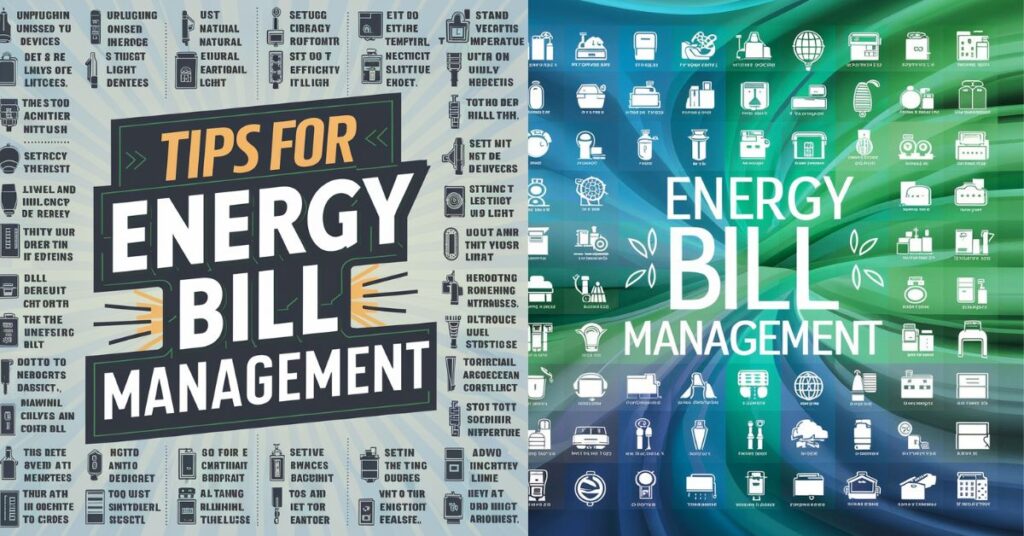
Additional Support for Energy Bill Payments
The energy bill support includes warm home discount cold weather payments and grants for reduced energy costs. These programs aim to provide financial assistance to eligible person facing challenges in meeting their energy expenses.
The Importance of Energy Consumption Awareness
- Energy consumption awareness promotes sustain and reduces carbon footprint.
- Understanding energy usage patterns helps manage bills and conserve resources efficiently.
- It fosters responsible energy consumption habits benefit both person and the environment.
Why Don’t You Have To Pay When In Debit?
When in debit you continue paying your fixed monthly amount summer reduced usage typically balances it out.
what does in debit mean on my electricity bill?
| Aspect | Description |
| Definition | “In debit” signifies owing money to the energy supplier due to excess energy usage. |
| Occurrence | Results when energy consumed surpasses payments made up to the balance date. |
| Financial Implications | Managing outstanding balances is crucial to avoid increased bills and negative credit effects. |
| Managing Strategies | Regular review bills submit accurate meter readings, adopt energy efficient practices etc. |
| Potential Assistance | Explore refund options, consider switching suppliers and seek support for bill payments. |
money debited from my account without permission
If money has been debited from your account without permission you should take immediate action to rectify the situation.
Contact your Bank
Inform your bank or financial institution immediately to report the illegal transaction. They can freeze your account to prevent further illegal withdraw and start an investigation.
Dispute the Transaction
File a formal dispute with your bank regarding the unauthorized debit. Provide any evidence or document supporting your claim.
Request a Refund
Ask your bank to refund the illegal amount back into your account. Depending on their policy and the outcome of the investigation you can be eligible for a refund.
Change Security Measures
Review and update your account security measures such as passwords and PINs to prevent future illegal access.
Monitor Your Account
Regular monitor your bank statement and transaction history for any suspicious activity. Report any illegal transactions prompt to your bank.
File a Complaint
If necessary file a complaint with relevant authorities such as consumer protection agencies and banking control bodies.
Seek Legal Advice
If the illegal debit involves significant financial loss or if your bank fails to resolve. The issue satisfactory consider seeking legal advice to understand your rights and options for recourse.
money debited from my account but not credited
Contact the Recipient: Reach out to the recipient or merchant involved in the transaction. Inform them about the debit from your account and request confirmation of receipt or clarification on the status of the payment.
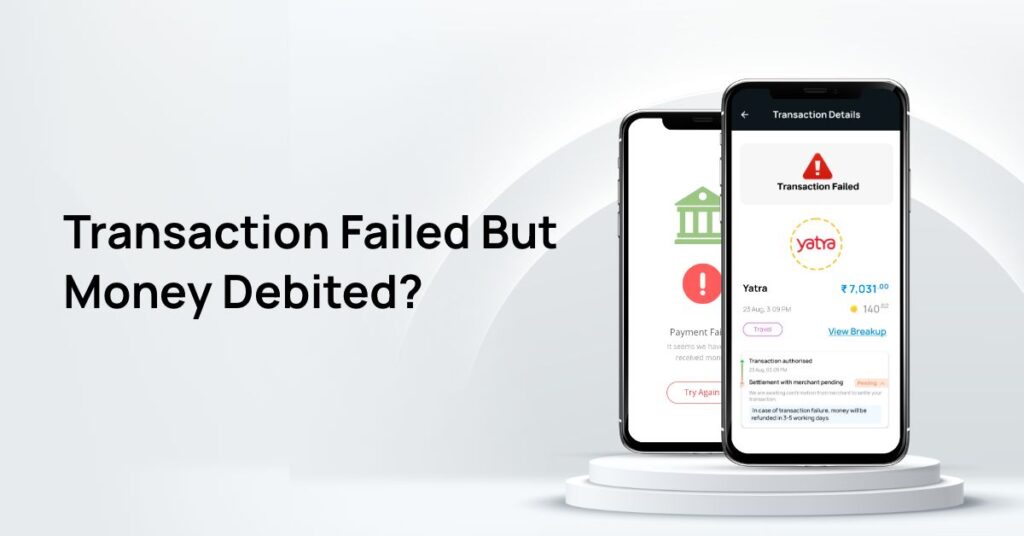
Contact Your Bank: Contact your bank or financial institution immediately to report the issue. Provide them with details of the transaction and any communication with the recipient
Final Thought
“In debit” on your bills is crucial for effective financial management. While it indicates owing money to your energy supplier and other entities it does not always necessary immediate payment. They exploring the reasons behind being in debit and realizing proactive measures to manage outstanding balances. You can maintain financial stability and avoid unnecessary stress. Remember staying informed and taking timely action can help navigate through such situations smoothly.
Frequently Asked Questions
What does debit mean owe?
Debit means owing money to a creditor or entity.
Is a debit when you owe money?
Yes, a debit occurs when you owe money to a creditor or entity.
Does debit mean to pay?
Debit does not mean immediate payment it signifies owing money.
What is debits or money owed?
Debits represent money owed to creditors or entities.

Haarrii, a seasoned finance expert with 4 years of hands-on experience, brings insightful analysis and expert commentary to our platform. With a keen eye for market trends and a passion for empowering readers, Haarrii delivers actionable insights for financial success.
